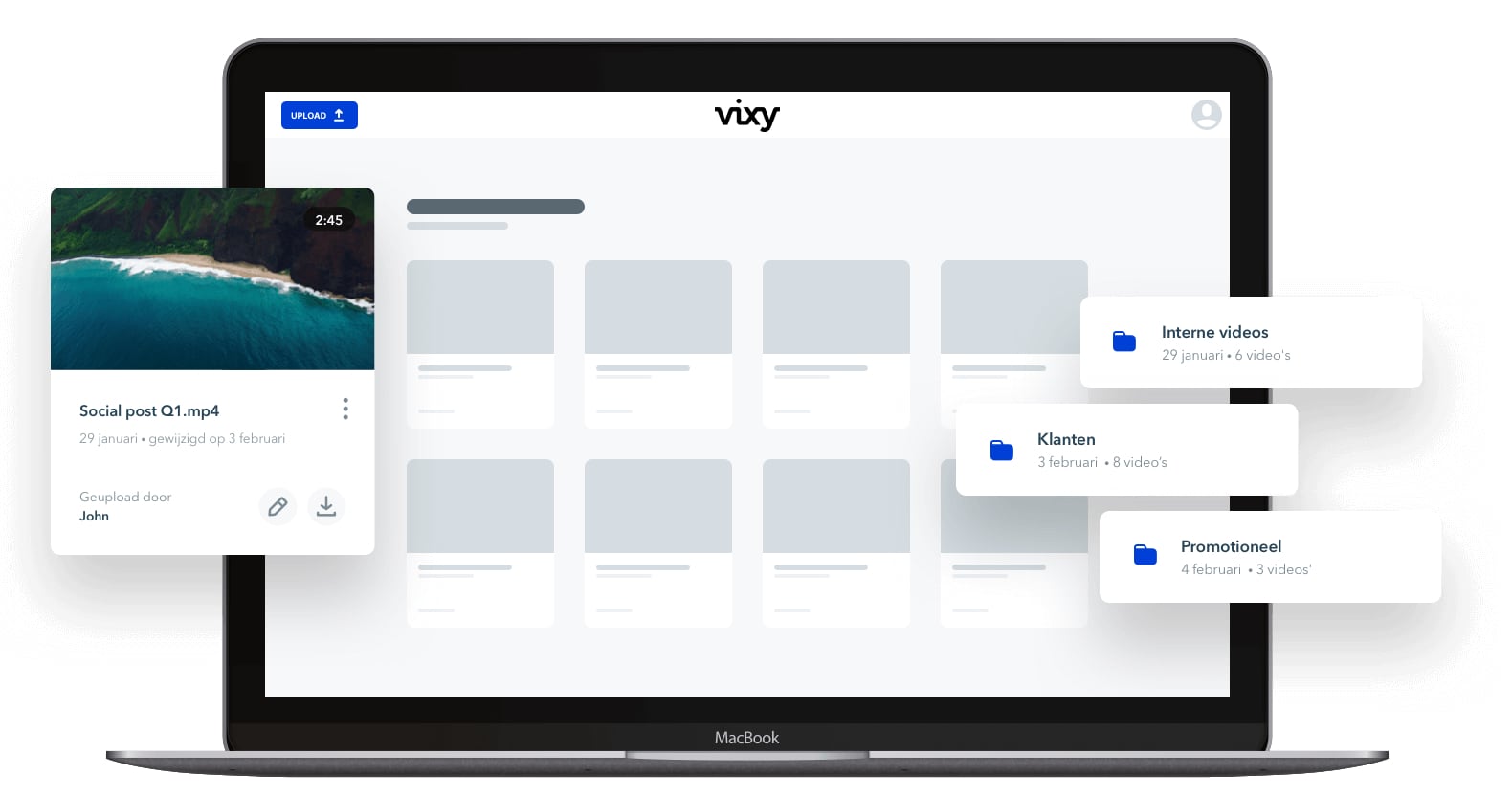blog How-tos Product
23-02-2022
Video Hosting: choose a reliable and flexible platform..

Variable bit rate (VBR) is an encoding method that allows the bitrate of a file to increase or decrease within a target range. It’s a bitrate control method used in sound or video encoding to improve video and audio quality relative to file size ratio. Compared to constant bitrate (CBR), VBR files have a variable amount of output data per time segment.
In terms of encoding, data is output at a set rate per time segment, and variable bitrate is measured by taking the average bitrate of the entire file. The fluctuating aspect of this method of encoding makes VBR best suited for on-demand video transcoding. This is because it can take longer to process the data. It is also important to point out that VBR is not as widely supported as CBR.



